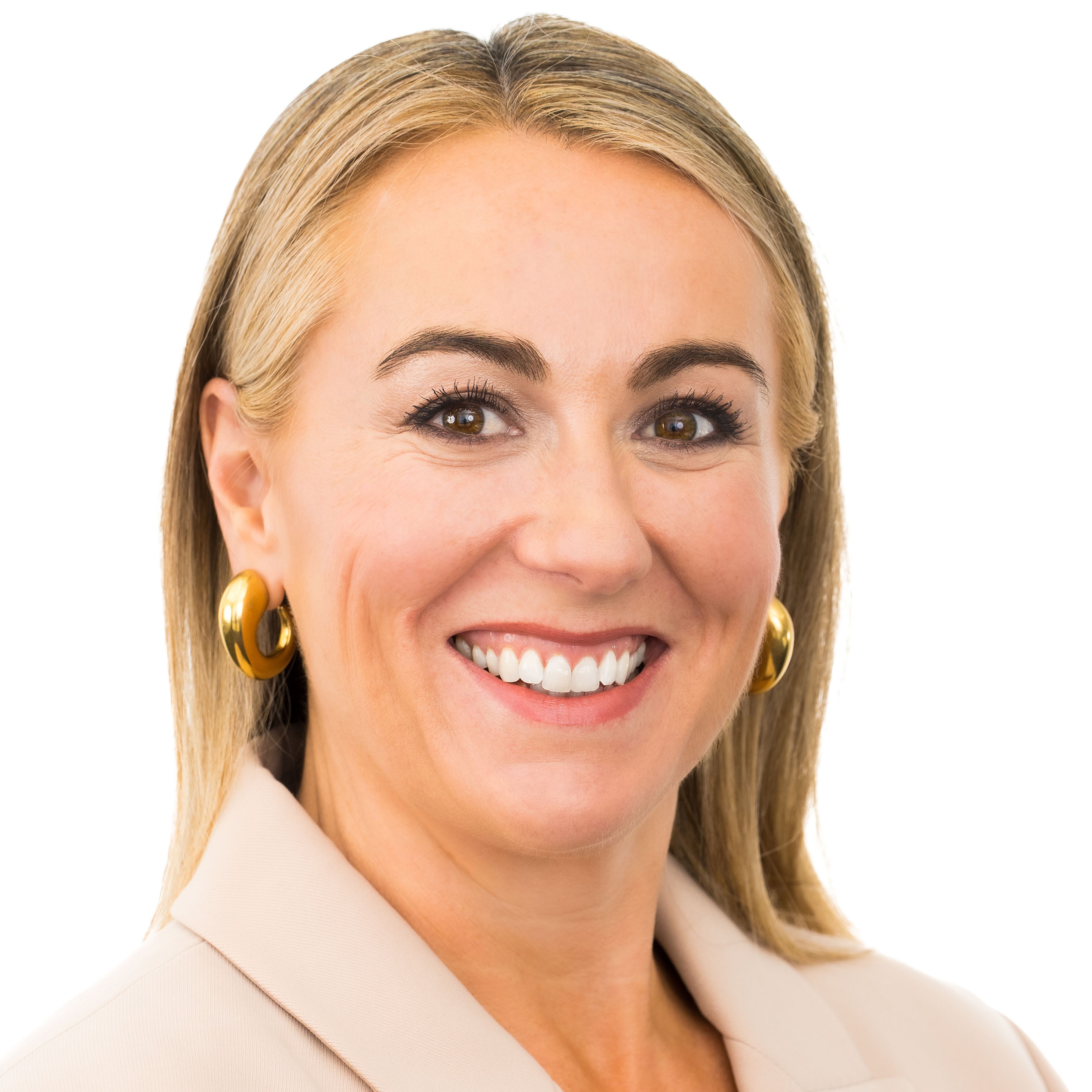 Andrew Garnett
Andrew Garnett
Chair
Australian Gas Industry Trust
- Creating a policy and regulatory environment that encourages investment in new gas supply and enables project delivery
- Streamlining consultation requirements for projects while maintaining the highest environmental and community engagement standards
- Focusing on the lowest cost, most reliable pathways to meet Australia’s emissions reduction targets
- Providing energy security and supporting a balanced transition for Australia and the region
 Cecile Wake
Cecile Wake
Country Chair & SVP Integrated Gas Australia
Shell
 Mark Hatfield
Mark Hatfield
Managing Director, Australia
Chevron Australia
 Saul Kavonic
Saul Kavonic
Head of Energy Research
MST Financial
- Streamlining the approvals process
- Actioning all aspects of AEMO’s Integrated System Plan
- What are the levers for the access and growth of Australia’s significant undeveloped gas resources?
- Assessing the need for a gas capacity mechanism given the ISP forecast for gas-powered-generation
 Jane Norman
Jane Norman
Managing Director and Chief Executive Officer
Amplitude Energy
- What new supplies can be brought online in time for the forecast east coast shortfall?
- What investments in new infrastructure and pipelines are required?
- Will anyone be willing to underwrite the proposed LNG import terminals?
- Delivering new gas supply to a mix of manufacturing and energy retail customers through long term gas sales
 Stuart Davis
Stuart Davis
Executive General Manager
Squadron
- Political strength needed to deliver local gas to the domestic market
- Urgent regulatory reform needed to accelerate investment approvals to help solve East Coast gas shortages and support renewable rollout
- Expanding gas storage capabilities to improve reliability of supply during peak demand periods
 Brett Woods
Brett Woods
Managing Director and Chief Executive Officer
Beach Energy
- Has the routine forecast of shortages lulled Australia into a false sense that the shortfall will always somehow be met?
- Price signals are strong for producers, so what is limiting investment in projects or infrastructure?
- Why hasn’t an import terminal materialised yet?
- Are we seeing a ‘shift in temperature’ from major gas producers as they grow more assertive towards the green lobby?
Moderator:
 Patrick Gibbons
Patrick Gibbons
Partner
Orizontas
Panellists:
 Innes Willox
Innes Willox
Chief Executive
Ai Group
 Pat Beashel
Pat Beashel
General Manager of Gas Supply and Trading
Chevron Australia
 Mark Wiseman
Mark Wiseman
Co-Head of Asia Pacific Energy Research
Macquarie Group
 Sean Fleming
Sean Fleming
General Manager, Energy Solutions
APA Group
 Nerise Cook
Nerise Cook
General Manager Pipelines
Jemena
- Adding capacity to east coast infrastructure to move more gas north to south in the short-term
- Unlocking new supply basins through new infrastructure to meet long term domestic energy needs
- Why domestic gas must be prioritised to lower energy costs and emissions
- Exploring the role of regulation and government in supporting the required investments
- Taking a longer-term approach to domestic gas procurement to support investment in gas supply and transport infrastructure
 Adam Watson
Adam Watson
Chief Executive Officer and Managing Director
APA Group
- What are the warning signs that indicate major price shifts (especially for buyers exposed to the spot market)?
- How can major energy users prepare for winters punctuated with periods of unmet electricity and gas demand?
- What report card does industry give the ACCC’s for its role in gas markets (particularly the price cap) - and how likely is substantial change at the 2-year review?
- What can users be doing to advocate for the importance of developing domestic gas supply?
Moderator:
 Perry Wilson
Perry Wilson
Head of Advisory – ANZ
Rystad Energy
Panellists:
 Royce De Sousa
Royce De Sousa
Director
Eastern Energy Buyers
 Jai Coppen
Jai Coppen
Senior Energy Sourcing Manager
Yara International
 Phaedra Deckart
Phaedra Deckart
Chief Executive Officer
Solstice Energy
 Andrew Richards
Andrew Richards
Chief Executive Officer
Energy Users Association of Australia (EUAA)
- Moving ahead with a A$1 billion+ expansion of Atlas and Roma North in Queensland’s Surat Basin
- Securing regulatory approvals to facilitate timely delivery of critical gas supply
- Reviewing the adequacy of current infrastructure for getting gas to users
 Darren Stevenson
Darren Stevenson
Chief Executive Officer
Senex Energy
 Benson Wong
Benson Wong
Co-Founder and Executive Director
Denison Gas
- Bringing advanced drilling technologies in the Beetaloo Basin to drive best practice and efficiency
- Significant progress on project timelines to meet rising energy demands and improve energy security in Australia
- Leveraging operational milestones to attract further investment and drive regional economic growth
 Joel Riddle
Joel Riddle
Managing Director and Chief Executive Officer
Tamboran Resources
 Trevor Brown
Trevor Brown
Chief Executive Officer
Omega Oil and Gas
- How can the gas industry and new developments regain their social license in the face of growing opposition?
- What tactics can be used to persuade policy-makers to maintain gas as a key player in the energy landscape?
- How can the industry reshape its public image to emphasise gas's importance in energy security and the survival of onshore manufacturing?
- What strategies can be used to effectively argue that gas is a critical part of the energy transition?
Moderator:
 Saul Kavonic
Saul Kavonic
Head of Energy Research
MST Financial
Panellists:
 Hon Joel Fitzgibbon
Hon Joel Fitzgibbon
former Australian Labor Party Minister; Special Counsel
CMAX Advisory
 Hon Bill Johnston
Hon Bill Johnston
Former WA Minister for Energy
 Ying Luo
Ying Luo
Chief Adviser and General Manager of Strategy
Amplitude Energy
 Nicole Manison
Nicole Manison
former Deputy Chief Minister of the Northern Territory; Vice President Government Relations and External Affairs
Tamboran
The official ADGO dinner is the perfect opportunity to network, unwind and socialise with industry peers during your time in Sydney. Tickets are $220. Includes drinks and dinner.


 David Berman
David Berman